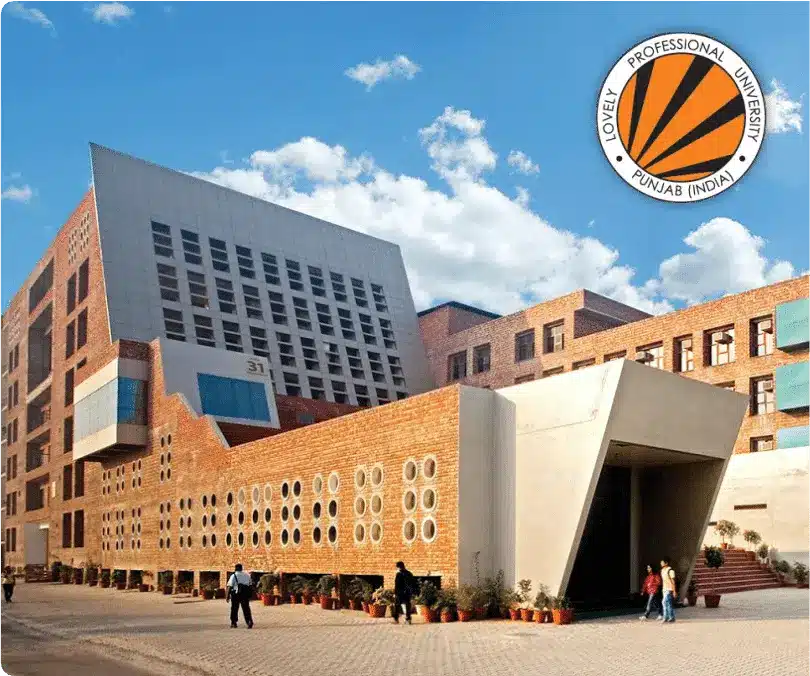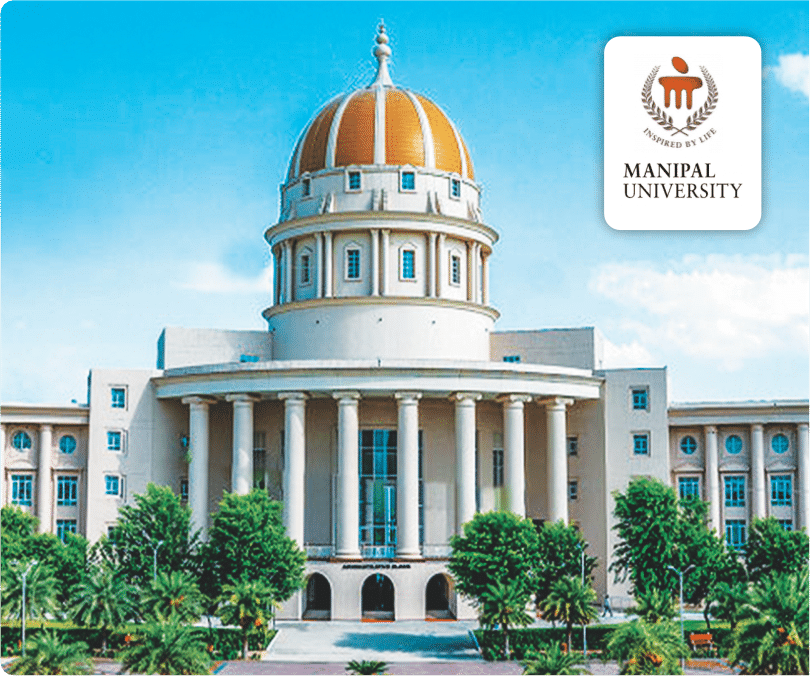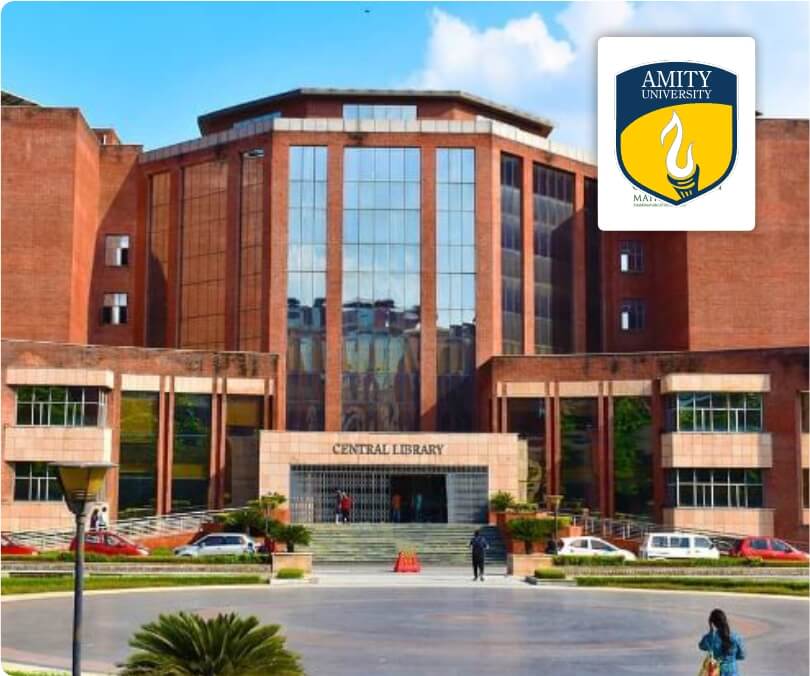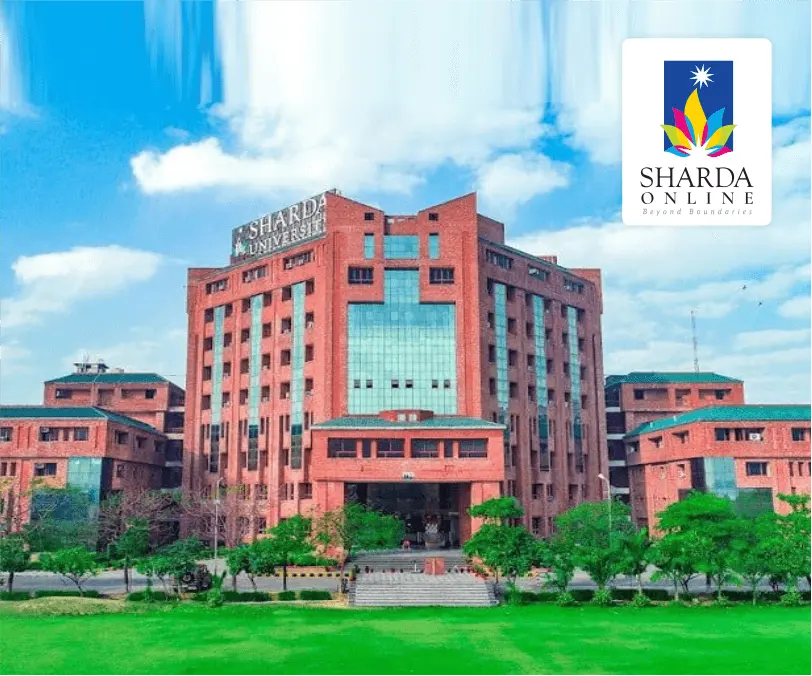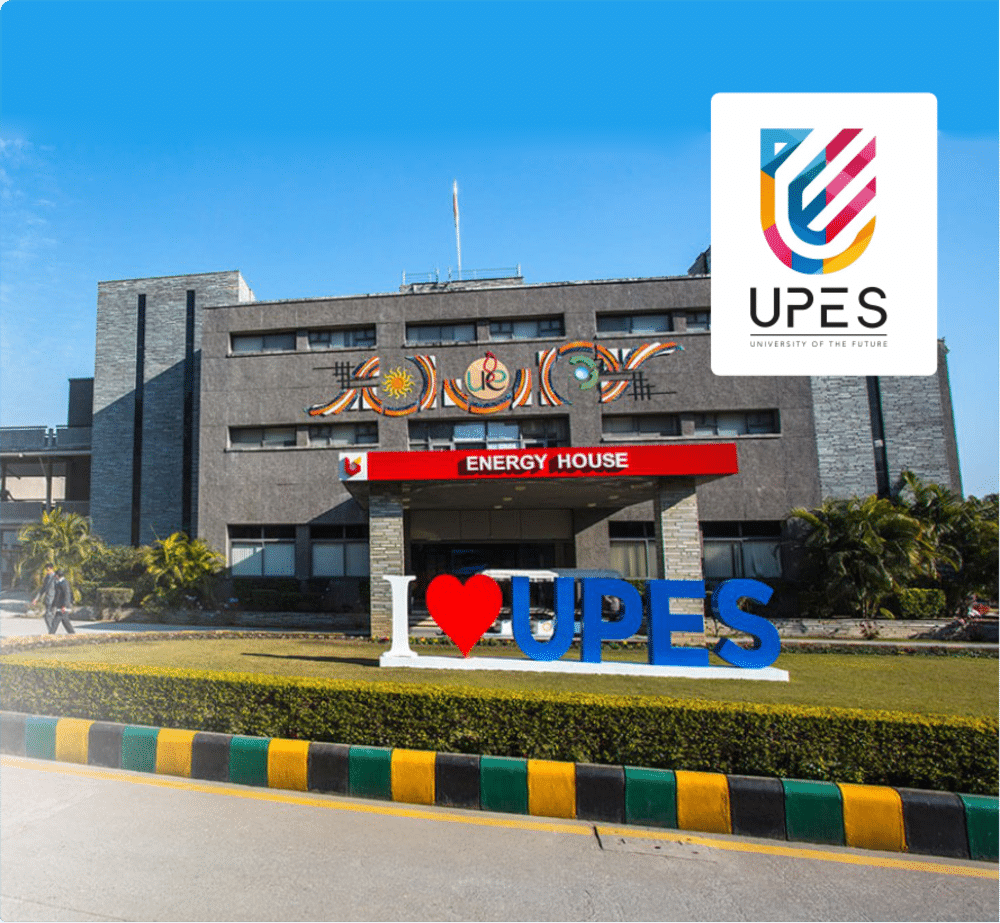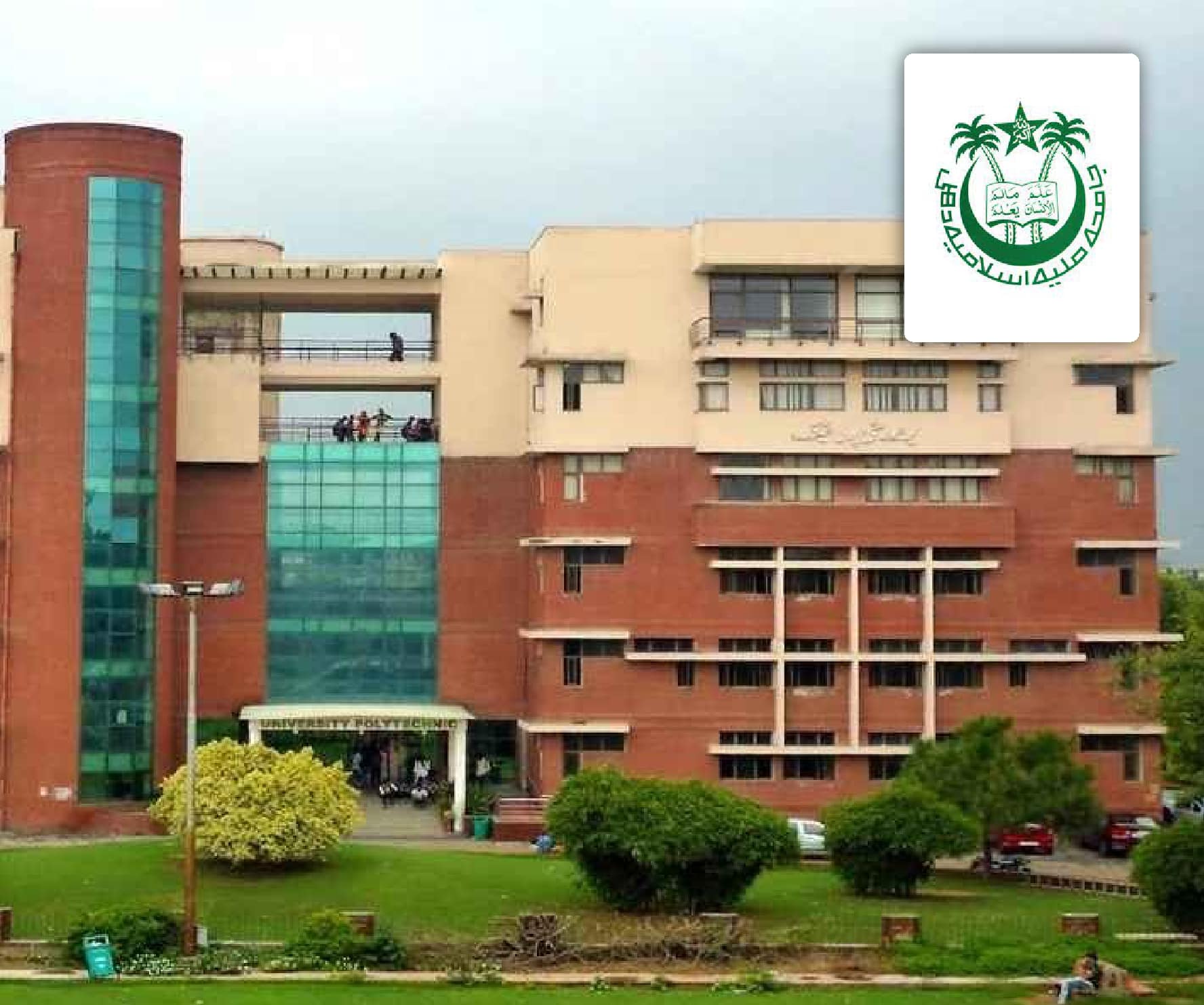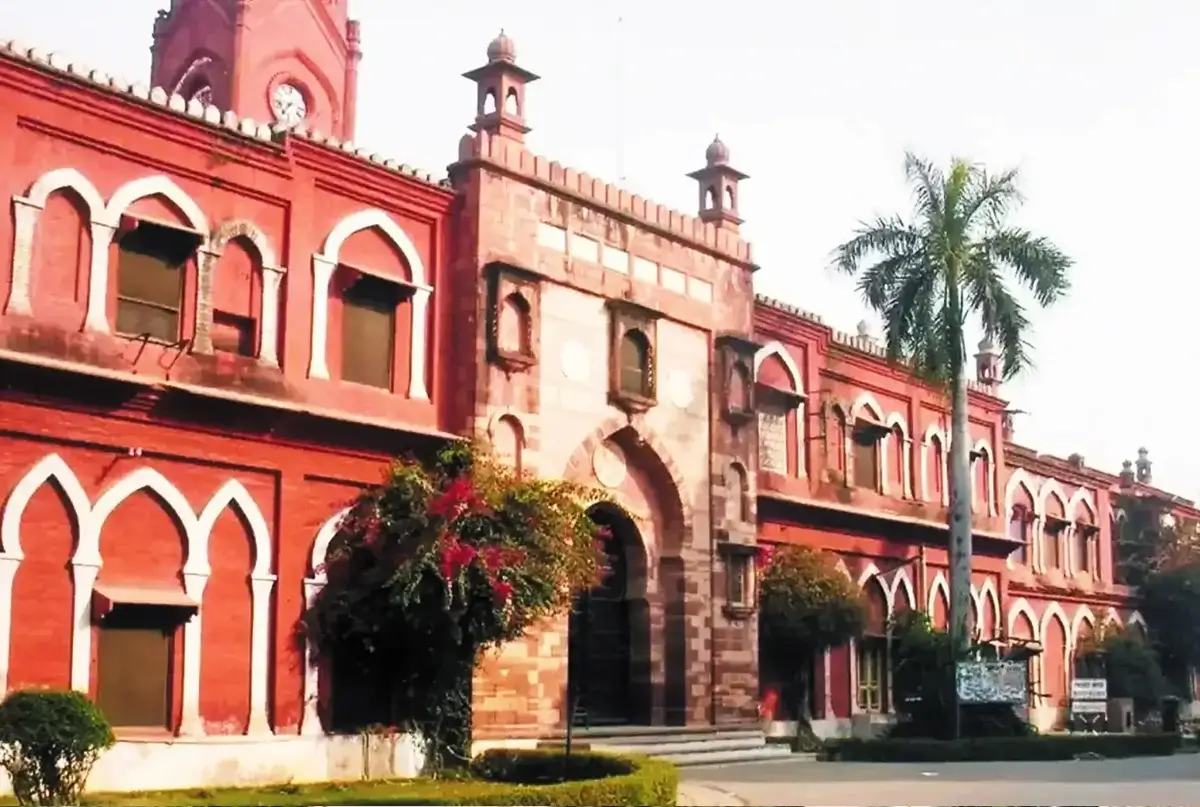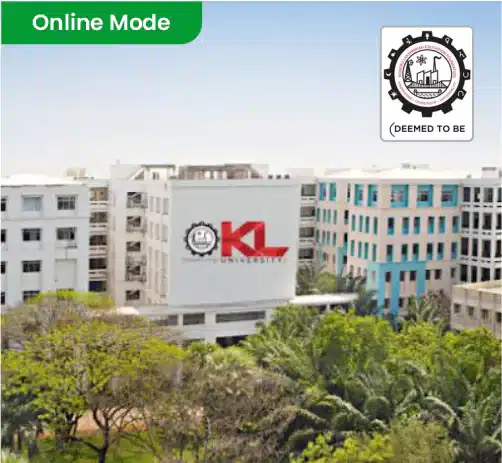Table of Contents

MBA in International Trade - Fees, Eligibility and Admission Process 2026
In today’s connected world, international trade is very important for the global economy. Businesses are expanding into other countries, creating a high demand for professionals who understand trade rules, export-import processes and global supply chains. MBA in International trade helps students learn the skills needed to manage global business operations.
If you plan to pursue MBA in International trade in 2026, this blog will explain the fees, eligibility and admission process for this program.
What is MBA in International Trade
MBA in International trade is a higher education program that teaches about global business, trade rules, export-import processes and international markets. It helps students learn how to manage trade between countries, transport goods, and follow trade laws. This 2 year postgraduate course includes topics like supply chain management, foreign trade and international payments.
This degree is a good choice for those who want to work in global companies, export businesses or trade organizations. Graduates can get jobs as business managers, export-import officers and trade analysts. Always make sure that the university offering this course should be UGC recognized and NAAC-accredited. You can pursue this course regularly, online, or by distance.
Eligibility Criteria for MBA in International Trade
If you want to study MBA in International trade, then you need to fulfill the eligibility criteria for this course. Given below are the general eligibility requirements to enroll in this MBA course:-
MBA in International Trade Fees
The fees for MBA in International Trade in India range from ₹2 lakh to ₹20 lakh for the full program. The exact fee depends on various factors like the type of institute, location, and course structure.
Factors affected Fees
Institute type- IIMs and top institutes offering MBA in International trade course have higher fees, ranging between ₹5 lakh- ₹25 Lakh, while private institutes charge between ₹2 lakh- ₹10 lakh.
Location- Institutes in metro cities have higher fees compared to those in small cities.
Course Duration- Most MBA programs in India last 2 years, but executive programs and part time courses may have different fee structures.
Additional costs- Apart from tuition fees, students need to consider hostel charges, books, exams fees, travel and other living expenses.
Admission Process for MBA in International Trade
| Step | Description |
|---|---|
| Check Eligibility | You need a bachelor degree with at least 50% marks (45% for reserved categories). Some colleges prefer students with work experience, but it is not always required. |
| Take an Entrance Exam | Most colleges accept scores from CAT, XAT, MAT, CMAT or ATMA. Some private colleges have their own exams or offer direct admissions. |
| Apply to Colleges | Fill out the online application form for your chosen college. You will need to provide details like education, entrance exam scores and personal information. |
| Attend Selection Rounds | Shortlisted candidates take part in Group Discussion (GD), Personal Interview (PI) and sometimes a Written Ability Test (WAT) to check communication and thinking skills. |
| Get Final Admission Offer | Colleges make a merit list based on your entrance exam score, interview performance and past academics. Selected students receive an offer letter. |
| Confirm Your Seat | After getting selected, you need to pay the admission fee before the deadline to secure your seat in the MBA program. |
Modes of Study for MBA in International Trade
| MBA Program Type | Description |
|---|---|
| Full-Time MBA | A 2-year on-campus program where students attend regular classes, interact with faculty, and participate in internships. This is the most preferred mode for fresh graduates. |
| Online MBA Course | A flexible learning option where students study from anywhere using online lectures, recorded sessions, and digital study materials. Ideal for those who cannot attend regular college. There are many online MBA universities in India where students can easily get admission. |
| Distance MBA | A self-paced program where students receive printed or digital study materials and complete exams without attending regular classes. This is a budget-friendly option. |
| Executive MBA (EMBA) | A 1-year program designed for experienced professionals looking to enhance their skills in international trade and global business. |
Benefits of Pursuing MBA in International Trade
| Benefits of MBA in International Trade and Commerce | Description |
|---|---|
| Opportunities in Global Trade and Commerce | This MBA prepares you for careers in export-import companies, multinational corporations, and world trade organizations. |
| Expertise in International Business Laws and Policies | You will gain in-depth knowledge of global trade regulations, foreign trade policies, and WTO guidelines, making you valuable in international business. |
| High Demand in Logistics & Supply Chain Management | Companies involved in global shipping, freight forwarding, and supply chain operations prefer professionals with trade expertise. |
| Job Roles in Trade Finance & Forex Management | Graduates can work in international banks, financial institutions, and currency exchange firms, handling trade financing and foreign exchange transactions. |
| Stronger Business Relations with Global Markets | You will learn international marketing strategies, cross-border negotiations, and cultural business ethics, essential for expanding businesses globally. |
| Entrepreneurial Growth in Import-Export Business | This MBA helps you start your own import-export business, trade consultancy, or e-commerce venture. |
Target Audience for MBA in International Trade
| Target Audience | Description |
|---|---|
| Graduates Looking for Global Careers | Students with a bachelor degree who want to work in international trade, export-import, and global business. This MBA helps them learn the skills needed for jobs in other countries. |
| Working Professionals Wanting a Better Job | People working in logistics, supply chain, finance, and trade management who want a higher position and better salary. This course gives them the right knowledge to grow in their careers. |
| Entrepreneurs & Business Owners | Those who have or want to start an import-export business, trade consultancy, or international e-commerce. This MBA teaches them about global trade rules and how to expand their business. |
| Finance & Banking Professionals | People working in trade finance, foreign exchange, and international banking who want to learn more about global trade. This course helps them understand foreign money dealings and business risks. |
| Government & Policy Aspirants | Those who want to work with government trade offices, international groups, or policy-making. It teaches them about trade rules, world economy, and market trends. |
| Students Interested in Global Markets | Anyone who wants to learn about international trade, business strategies, and foreign policies. This MBA helps them understand how businesses work across countries. |
Career Options After Pursuing MBA in International Trade
| Job Role | Description |
|---|---|
| International Business Manager | Manages business activities in different countries. Helps companies grow in global markets while following trade rules. Builds strong business relationships with international clients. |
| Export-Import Manager | Handles buying and selling of goods between countries. Ensures products move legally and smoothly across borders. Works with suppliers and transport companies to avoid delays. |
| Trade Compliance Analyst | Checks if a company follows trade rules and laws. Reviews paperwork and trade agreements to avoid legal issues. Keeps businesses updated with changing trade regulations. |
| Supply Chain Manager | Oversees the movement of goods from production to customers. Ensures products reach the right place on time at the lowest cost. Works with suppliers, warehouses, and transport teams. |
| Foreign Trade Consultant | Advises businesses on trade policies and market trends. Helps companies expand their sales in different countries. Guides companies on trade risks and new business opportunities. |
| Logistics & Freight Manager | Manages the transportation and delivery of goods. Ensures products are shipped, stored, and delivered safely. Finds cost-effective shipping solutions to increase profits. |
| Customs Officer | Works for the government to check import and export goods. Makes sure businesses follow trade laws at ports and airports. Prevents illegal goods from entering or leaving the country. |
| Trade Finance Manager | Manages financial transactions for international trade. Helps companies receive payments and reduce financial risks. Works with banks and financial institutions for smooth transactions. |
| Market Research Analyst | Studies global markets and trade trends. Collects data to understand customer needs and competitors. They also help companies make better business decisions based on research. |
| International Marketing Manager | Plans marketing strategies for different countries. They promote products and help businesses grow in global markets. Creates campaigns to attract international customers. |
Conclusion
An MBA in International trade is a good choice for students who want to work in global business. It teaches important topics like export-import management, trade rules and supply chain management. The fees, eligibility and admission process are different for each university, but with the right preparation, getting admission is possible.
This degree offers good job opportunities in multinational companies, trade firms and logistics businesses. As global trade grows, more skilled professionals are needed in this field. If you are interested in international markets and business strategies, this MBA can help you build a successful career. Start your journey today.


